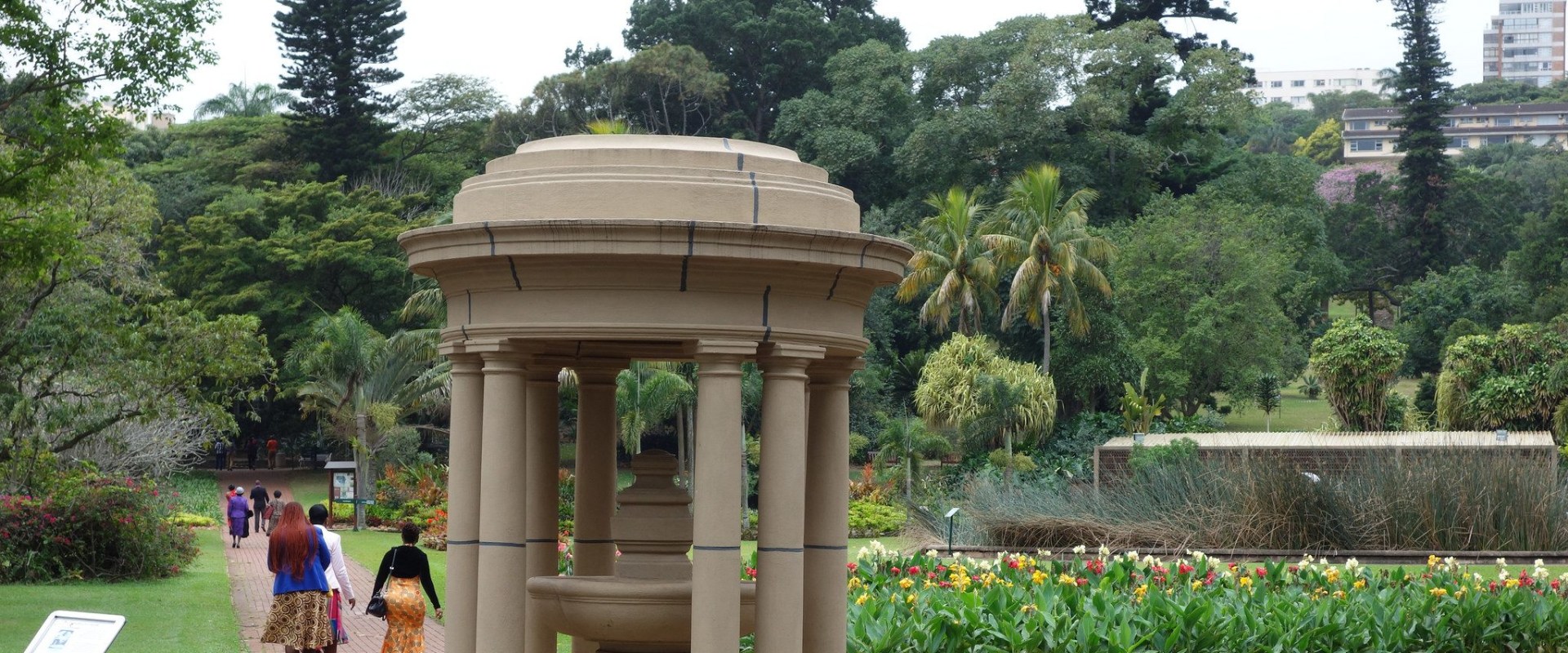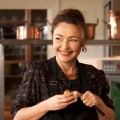Georges Auguste Escoffier was a central figure in the modernization of haute cuisine starting in 1900, which became known as cuisine classique. Early history · Classic cuisine · Nouvelle cuisine Georges Auguste Escoffier is a central figure in the modernization of haute cuisine starting in 1900, which became known as cuisine classique. These were simplifications and refinements of the early works of Carême, Jules Gouffé and Urbain Dubois. It was practiced in large restaurants and hotels in Europe and elsewhere for much of the 20th century.
The main innovations consisted of replacing French service (serving all dishes at the same time) with service à la russe (serving meals on plates) and developing a kitchen system, based on Escoffier's Le Guide Culinaire, which formalized the preparation of sauces and dishes. In its time, it was considered the pinnacle of haute cuisine and was a different style from bourgeois cuisine (the cuisine of wealthy city dwellers), working-class cuisine in bars and homes, and the cuisine of the French provinces. At the beginning of the 20th century, Auguste Escoffier had an immense influence on the configuration of haute cuisine as we know it today. The whole purpose of Escoffier's kitchen brigade, or the highly qualified hierarchy of kitchen staff, was to successfully prepare the exquisite dishes and elaborate presentation that defined this type of cuisine.
At the end of the 19th century and the middle of the 20th century, a modernization of haute cuisine began. Much of this new food owes its improvement to Georges Escoffier Auguste. Auguste was a chef and owner of numerous restaurants and, in addition, a culinary writer. Many of Escoffier's strategies to modernize haute cuisine were based on formulas invented by Marine-Antonie Carême, a pioneer of great cuisine.
Escoffier's specialized line of staff and the practice of Russian service (serving dishes on plates instead of all at once) became known as cuisine classique. When it comes to the ingredients used in a fine-dining establishment, you'll probably only see top-quality meats, dairy products, vegetables and herbs, all from high-quality suppliers. In this country, any haute cuisine tradition that exists is almost exclusively due to the appetites and conspicuous consumption of the British nobility, hereditary or not. Haute cuisine differed from traditional French cuisine by what it was cooked and served, by obtaining top quality ingredients, such as fruit out of season, and by using ingredients that are not normally found in France.
And most haute cuisine service establishments focus largely on the presentation of the dish, another feature of haute cuisine. Carême's work is one of the main reasons why French cuisine has penetrated almost every country in the world and is still the dominant cuisine in haute cuisine today. Although the term nouvelle cuisine was used in the past, the modern usage can be attributed to authors André Gayot, Henri Gault and Christian Millau, who used nouvelle cuisine to describe the cuisine of Paul Bocuse, Alain Chapel, Jean and Pierre Troisgros, Michel Guérard, Roger Vergé and Raymond Oliver, many of whom were once students of Fernand Point. Carême wrote several more books throughout her life, including the seminal L'Art de la cuisine française au dix-neuvième siècle in five volumes.
For example, high-end hotel chains such as The Ritz Carlton offer guests unique dining experiences in first-class restaurants, as well as hosting the world's best chefs for culinary events focusing on haute cuisine. He did not write or categorize the kitchen for commerce, and his style was limited to using the best of the best, to having no financial or material restrictions. By simplifying Carême's formulas and also including his own particular touches, Escoffier was able to discover modern French cuisine. Haute cuisine is influenced by French cuisine, with elaborate preparations and presentations, which serves small and multiple dishes prepared by a hierarchical kitchen staff, historically in large restaurants and hotels in Europe.
. .




Leave Reply